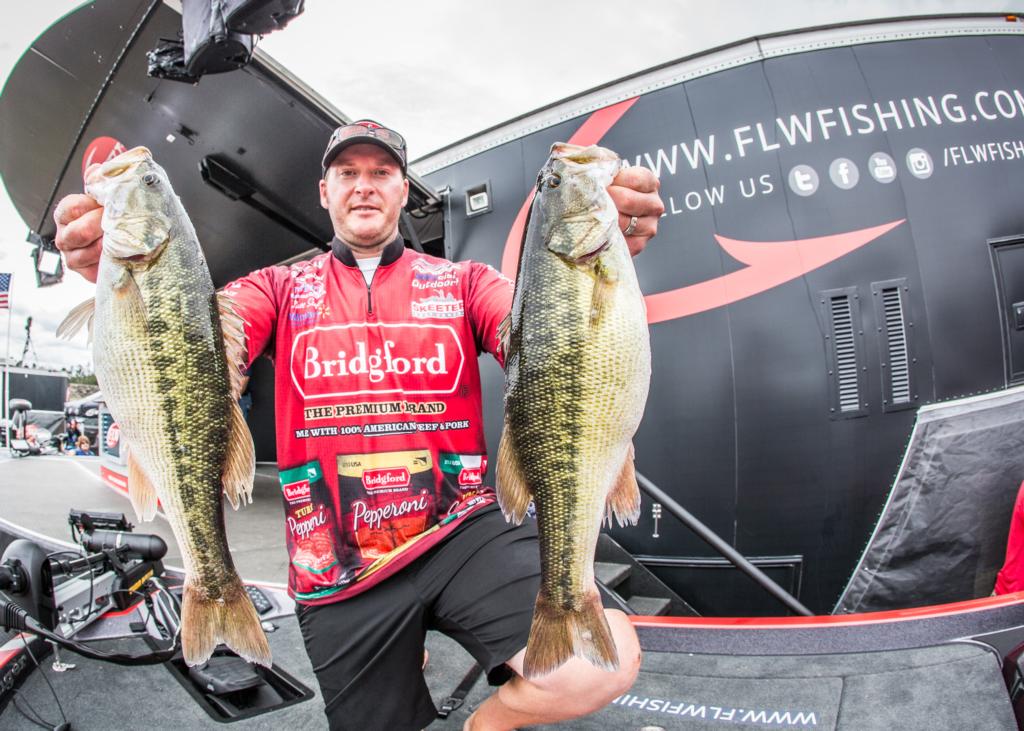When to Turn Pro
Building a pro career requires climbing the ladder to the FLW Tour

One of the most frequent questions I get from anglers, regardless of age, is, “How do I know that I am ready to turn pro?”
It’s not a simple question, and there are lots of different routes to becoming a professional angler – and by professional angler I’m talking about a person who earns his primary income through fishing-related sources such as tournament winnings and sponsorship dollars. Sponsorships are a whole different topic, so I’m only going to address tournament fishing in this blog.
Tournament fishing continues to grow at all levels and provides a ton of outlets for anglers of all ages. High-schoolers and college students can now fish at regional and national levels, giving them experience that anglers only a few years ago didn’t have access to. Local and regional circuits are popping up with championship events that entail hundreds of anglers from multiple states. There’s a lot of opportunity for aspiring pros, but regardless of the tournaments that you fish, if you want to be a professional angler you need to be able to compete at all levels.
I often see anglers try to step up to national-level events even though they have had little success in their local tournaments. I’m not saying you can’t be competitive at the higher-level tournaments if you aren’t routinely successful at the local level, but if I’m going to answer the question truthfully, I do not believe you should try to fish at the pro level until you have a history of consistent success locally and regionally.
Tournament fishing is truly not about competing against other anglers. It is about competing against the fish and catching as much weight as possible. Whether you are fishing against Andy Morgan, David Dudley or the local sticks on your favorite lake, if you do not catch a solid limit of bass you will get beat. The difference is at the professional level every angler is consistently catching good stringers of fish, and if you want to compete at the highest level you have to do this regularly on every type of lake and river throughout the country. You need to be able to consistently catch good stringers of fish on local and regional lakes before thinking you can compete against other proven anglers on lakes and rivers where you have no experience.
Whenever I get this question I tell the angler to check out FLW’s tournament format. It is not the only route to take to the pros, but it is set up perfectly for an angler that wants to work up to the professional level. Literally, an angler can go from high school team to a college team, providing some experience outside of the local area, then after graduating college that angler can fish the nearest T-H Marine FLW Bass Fishing League division with the hopes of progressing to the Costa FLW Series and on to the FLW Tour.
The levels are set up to advance the best fishermen to the top. It isn’t easy, and it might take years, but if you make it you will have the experience to compete successfully at the professional level.
